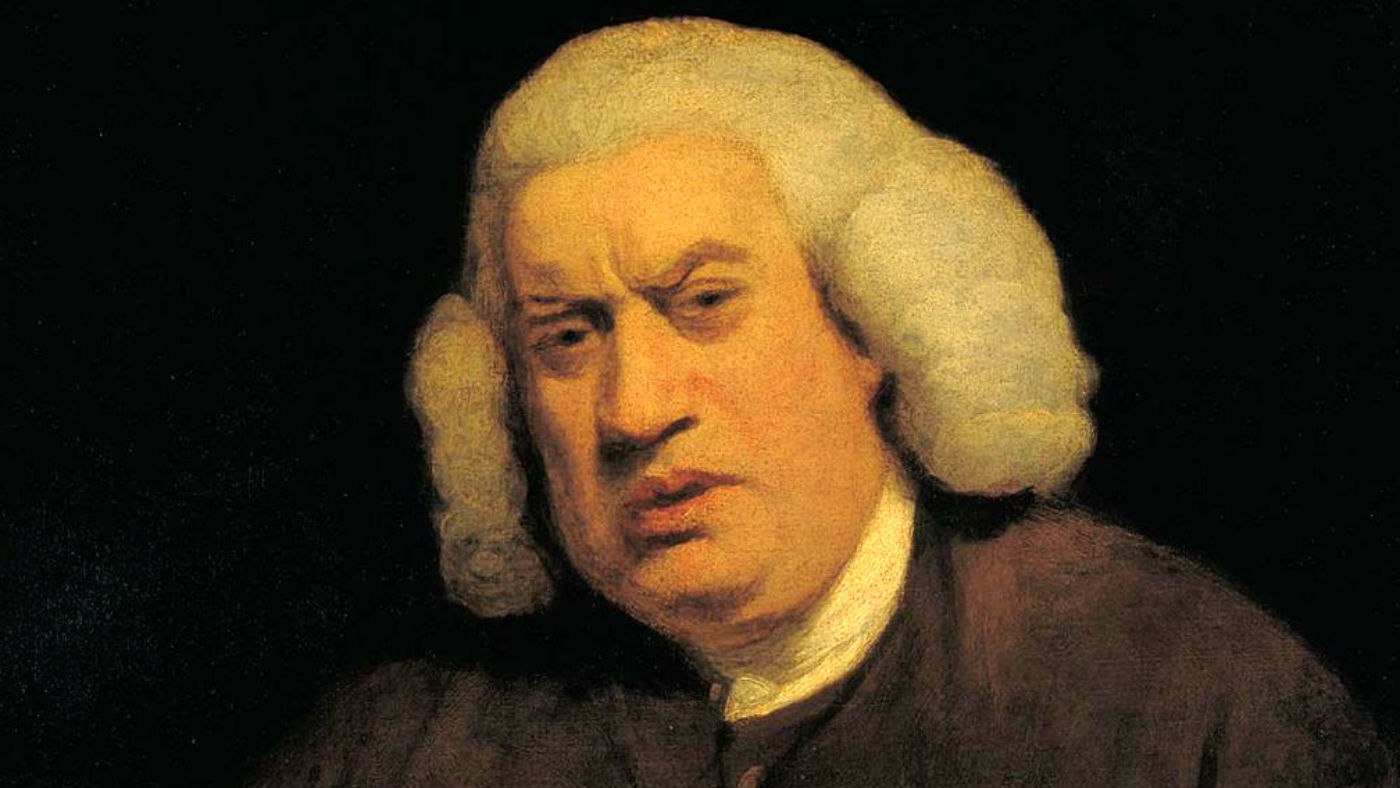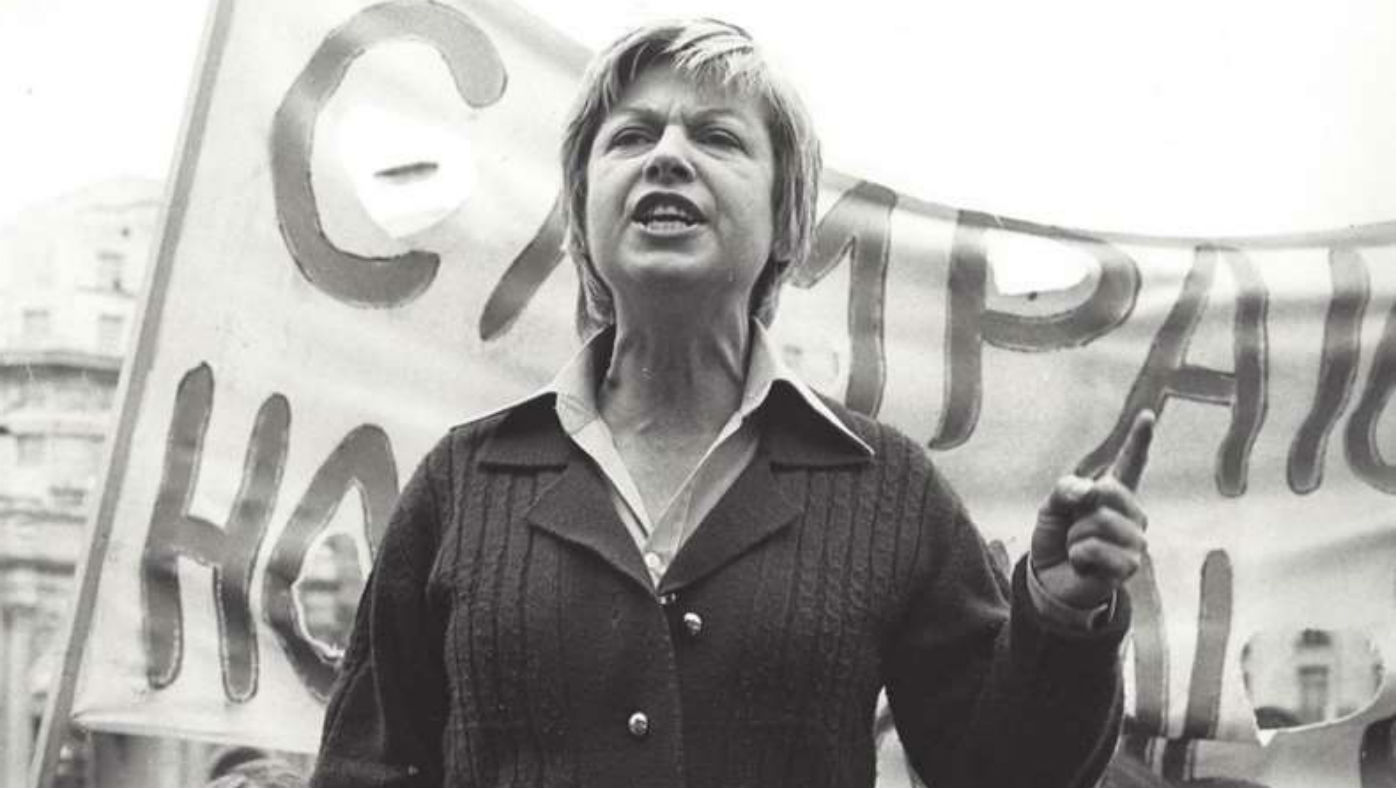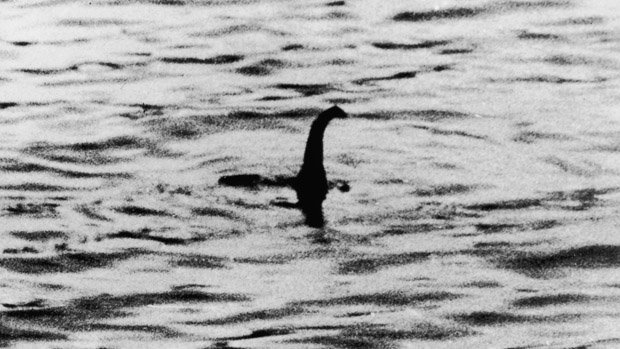Samuel Johnson: Eight best quotes from the father of the dictionary
Google Doodle marks 308th birthday of the author whose 1755 tome is a landmark of the English language

A free daily email with the biggest news stories of the day – and the best features from TheWeek.com
You are now subscribed
Your newsletter sign-up was successful
Google’s Doodle today commemorates the birthday of the compiler of the first authoritative English dictionary - Samuel Johnson, who was born 308 years ago today in Lichfield, Staffordshire.
Already a respected poet, critic and essayist, Johnson was not the first person to compile a list of English words, but his effort was more comprehensive and ambitious then any that had come before.
For instance, unlike his predecessors, Johnson took care to explain not only the meaning of words, but also how they were used in practice, frequently drawing on the work of distinguished authors.
The Week
Escape your echo chamber. Get the facts behind the news, plus analysis from multiple perspectives.

Sign up for The Week's Free Newsletters
From our morning news briefing to a weekly Good News Newsletter, get the best of The Week delivered directly to your inbox.
From our morning news briefing to a weekly Good News Newsletter, get the best of The Week delivered directly to your inbox.
Working with six assistants in his house off Fleet Street, it took Johnson eight years to complete his mammoth compendium of the English language, which appeared in print in April 1755 and included the definition of 42,773 words.
His feat of lexicography made him an icon in his own time and cemented a literary reputation which has kept “Dr Johnson” a household name into the 21st century.
As well as being one of Britain’s pre-eminent men of letters, Johnson is also celebrated for his wit. Some of his definitions betray the author’s sense of humour - for instance, Johnson’s dictionary famously defines his own profession of lexicographer as “a harmless drudge”.

Many of his other bon mots have also been preserved through the ages, thanks to the efforts of Johnson’s faithful biographer, James Boswell.
A free daily email with the biggest news stories of the day – and the best features from TheWeek.com
Here are a few of Johnson’s best witticisms:
On the Royal Navy:
“No man will be a sailor who has contrivance enough to get himself into a jail; for being in a ship is being in a jail, with the chance of being drowned.” (from The Journal of a Tour to the Hebrides)
On English conversation:
“It is commonly observed, that when two Englishmen meet, their first talk is of the weather; they are in haste to tell each other, what each must already know, that it is hot or cold, bright or cloudy, windy or calm.” (from The Idler)
On poverty:
“Liberty is, to the lowest rank of every nation, little more than the choice of working or starving.” (from The Bravery of the English Common Soldiers)
On feminine wiles:
“Nature has given women so much power that the law has very wisely given them little.” (from a letter to John Taylor)
On literature:
“The only end of writing is to enable the readers better to enjoy life, or better to endure it.” (from Miscellaneous and Fugitive Pieces)
On pubs:
“There is nothing which has yet been contrived by man, by which so much happiness is produced as by a good tavern or inn.” (from The Life of Johnson)
On the American Revolution:
“How is it that we hear the loudest yelps for liberty among the drivers of negroes?” (from Taxation No Tyranny)
On lie-ins:
“I have, all my life long, been lying till noon; yet I tell all young men, and tell them with great sincerity, that nobody who does not rise early will ever do any good.” (from The Journal of a Tour to the Hebrides)
-
 6 of the world’s most accessible destinations
6 of the world’s most accessible destinationsThe Week Recommends Experience all of Berlin, Singapore and Sydney
-
 How the FCC’s ‘equal time’ rule works
How the FCC’s ‘equal time’ rule worksIn the Spotlight The law is at the heart of the Colbert-CBS conflict
-
 What is the endgame in the DHS shutdown?
What is the endgame in the DHS shutdown?Today’s Big Question Democrats want to rein in ICE’s immigration crackdown
-
 ‘The name Lilibet Diana will always remind people who she is’
‘The name Lilibet Diana will always remind people who she is’Instant Opinion Your digest of analysis and commentary from the British and international press
-
 Man discovers wife’s affair on Google Maps
Man discovers wife’s affair on Google MapsSpeed Read And other stories from the stranger side of life
-
 Cobalt mining: the dark side of the metal race
Cobalt mining: the dark side of the metal raceIn Depth Apple and Google are being sued over alleged child labour in mines in Congo
-
 Top UK Google searches of 2017
Top UK Google searches of 2017In Depth Meghan Markle, Bitcoin and chilli con carne were on the nation’s minds this year
-
 Google to target Russian disinformation
Google to target Russian disinformationSpeed Read Search giant facing criticism for promoting state-sponsored fake news
-
 Who was Jackie Forster? Google Doodle pays tribute to lesbian pioneer
Who was Jackie Forster? Google Doodle pays tribute to lesbian pioneerIn Depth TV reporter turned activist was a tireless campaigner for gay rights and pillar of British lesbian community
-
 Facebook posts backed by Russia reached 126m Americans
Facebook posts backed by Russia reached 126m AmericansSpeed Read Social media giants are set to reveal extent of Russian election interference
-
 Loch Ness: new Google Street View pics show 'strange' object
Loch Ness: new Google Street View pics show 'strange' objectIn Depth Loch Ness monster enthusiasts can search for Nessie using new 360-degree Street View images